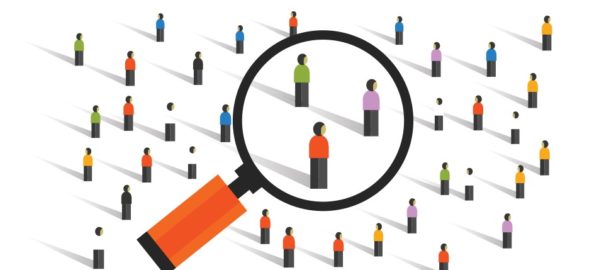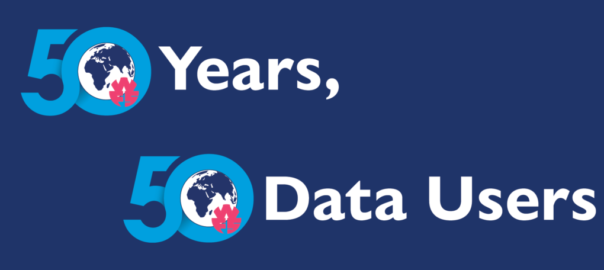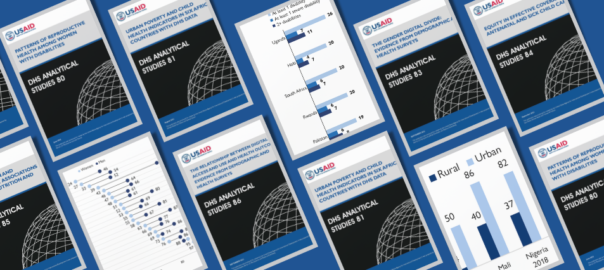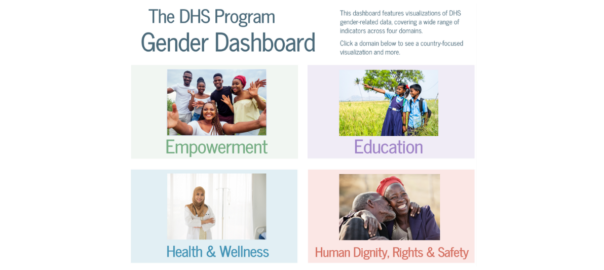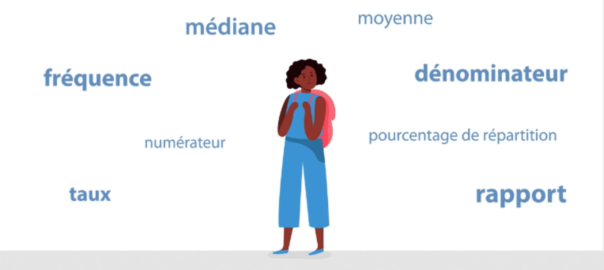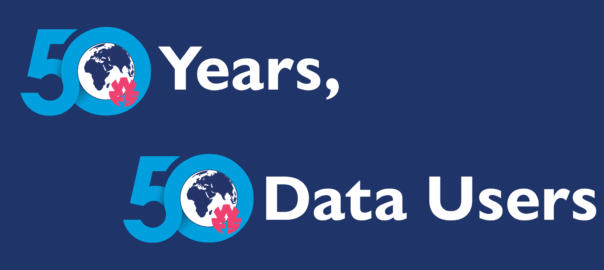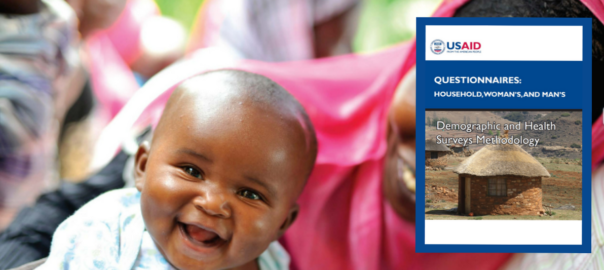Calculate Sample Size using Survey Sampling Online Tools: Two Samples
Yesterday marked the first day of the 54th session of the United Nations Statistical Commission. Chief statisticians from countries worldwide are gathering to advance better data for better lives. Since 1984, The DHS Program has helped over 90 countries conduct more than 400 surveys that provide nationally representative demographic, health, gender and nutrition data that […]



